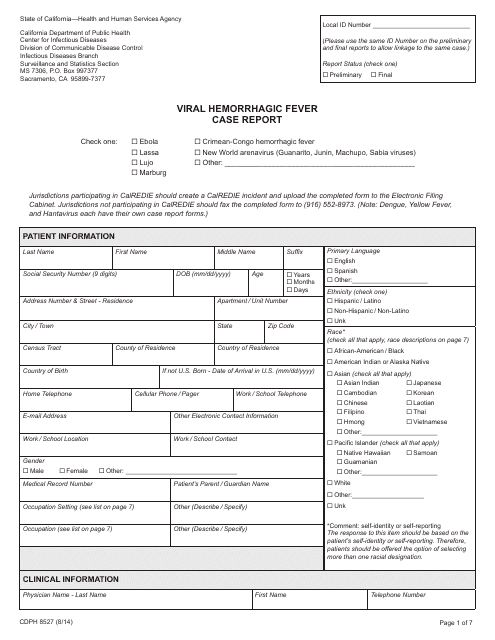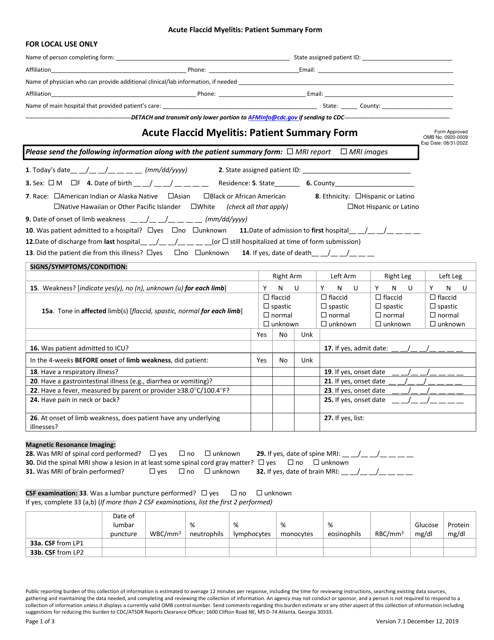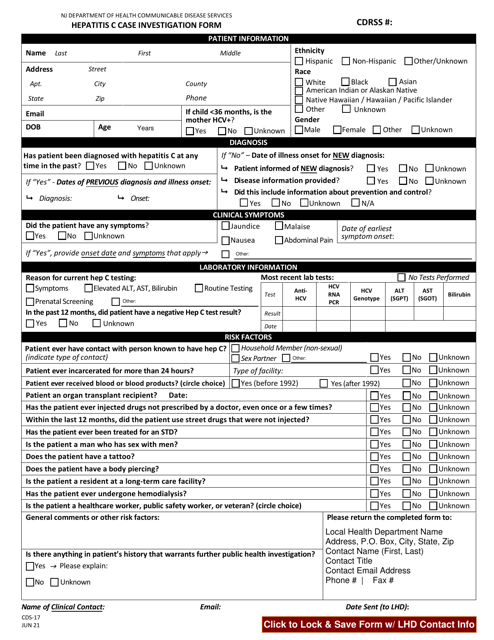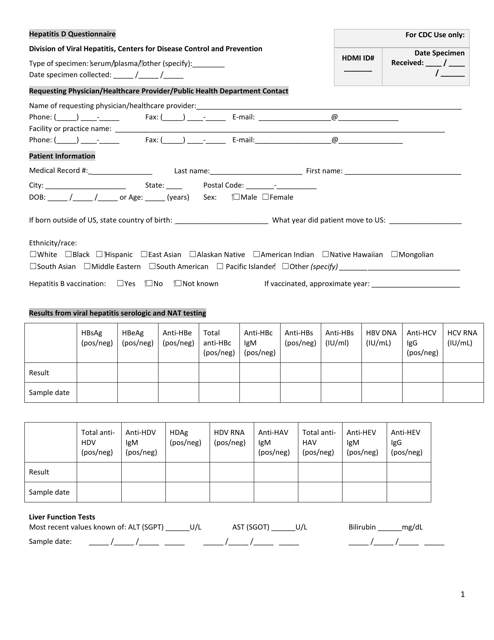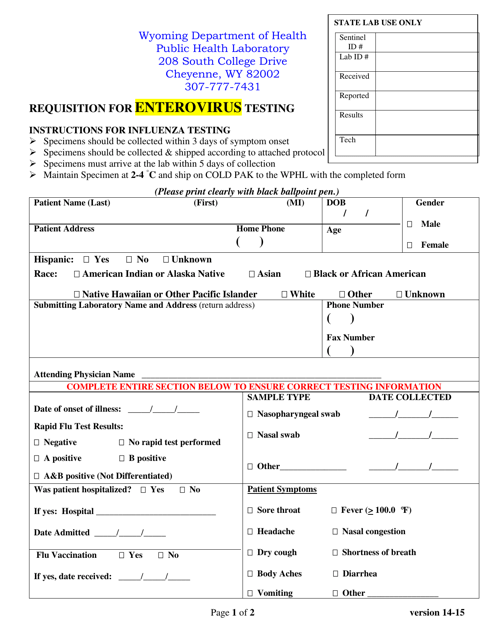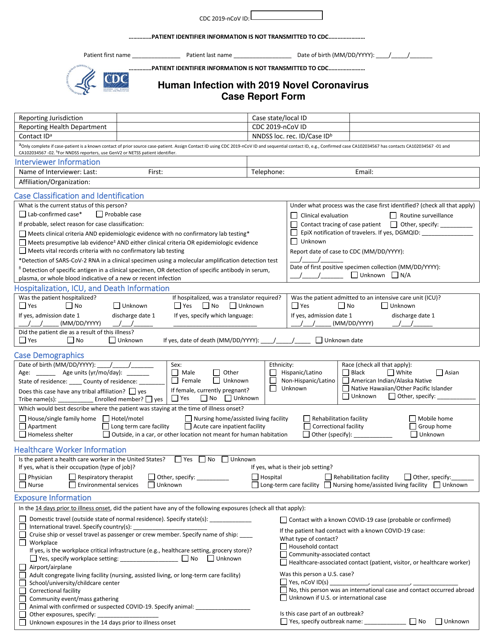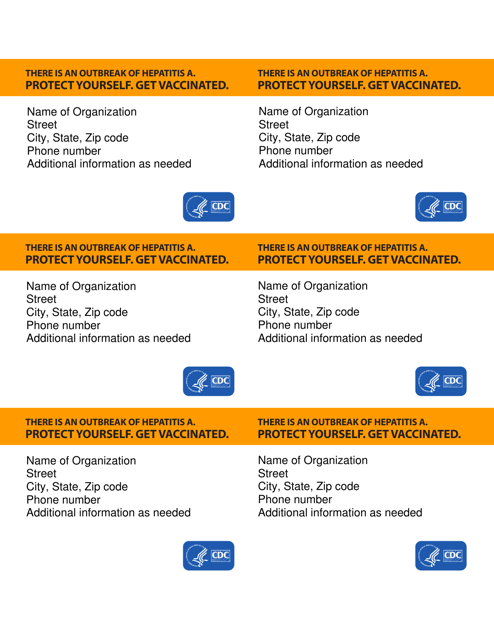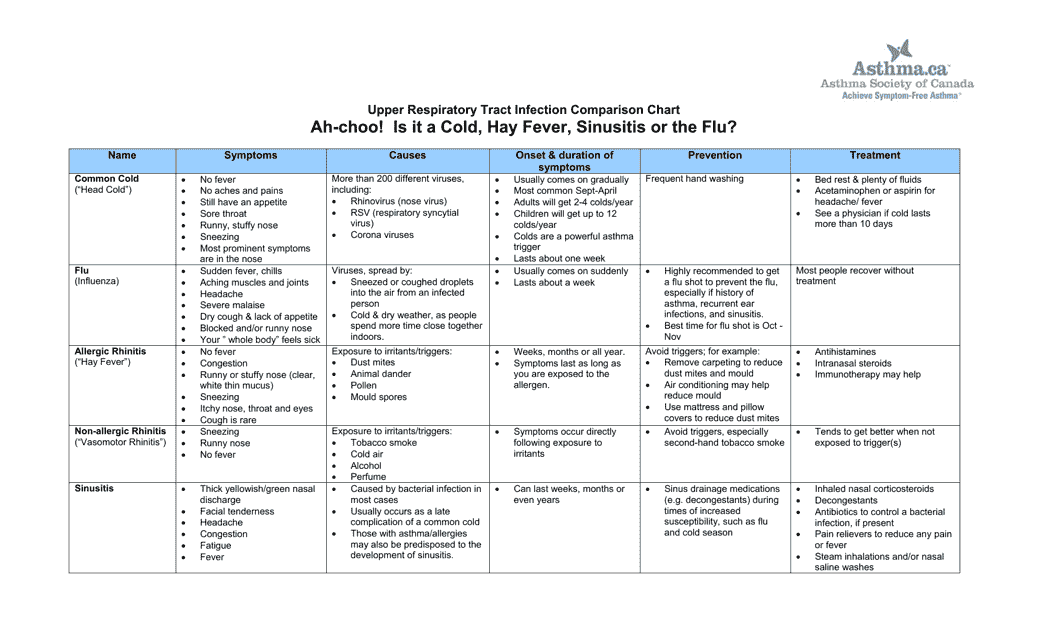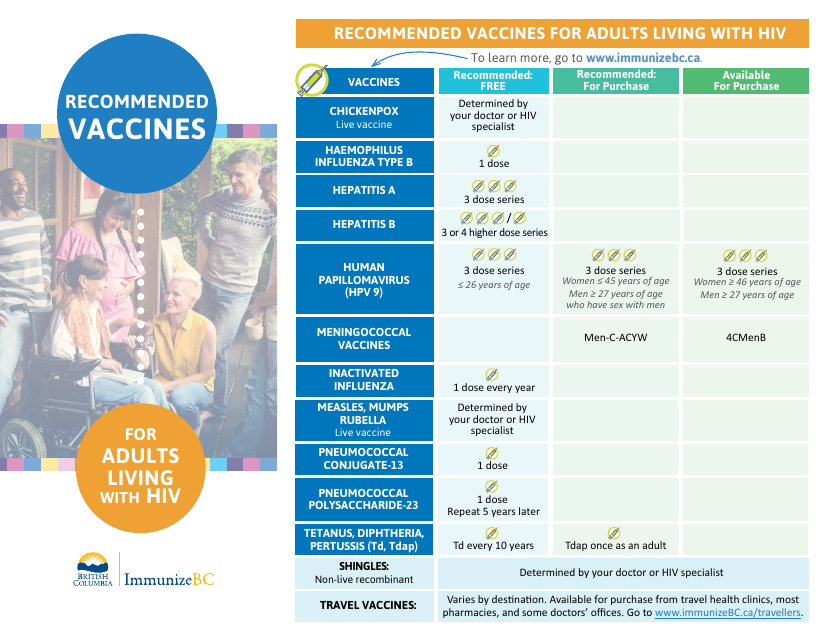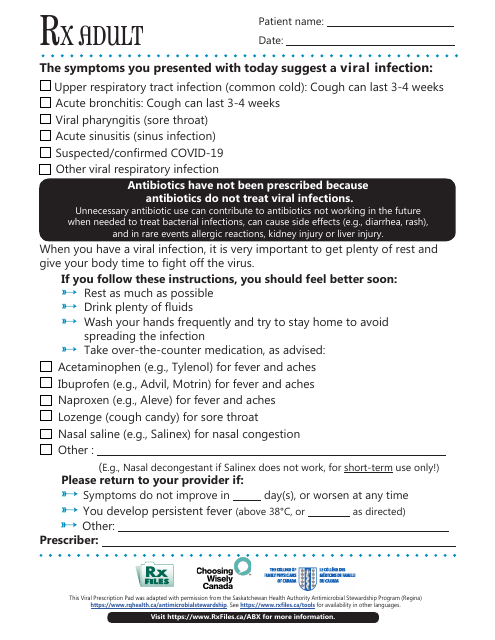Viral Infection Templates
Are you suffering from a viral infection? Don't worry, you're not alone! Viral infections, also known as viral illnesses, are a common occurrence that affects individuals of all ages. These infections are caused by different types of viruses and can lead to a wide range of symptoms and complications.
Viral infections can affect various parts of the body, including the respiratory system, gastrointestinal tract, and skin. They can cause symptoms such as fever, cough, sore throat, runny nose, diarrhea, and rash. In some cases, viral infections can result in more severe health issues, requiring immediate medical attention.
If you suspect that you have a viral infection or have been diagnosed with one, it is crucial to be aware of the necessary steps to manage it effectively. Our collection of documents, which includes forms, case reports, and informational materials, provides valuable insights into viral infections and how they are managed.
One of the key documents in our collection is the "Form CDPH8527 Viral Hemorrhagic Fever Case Report" from California. This form focuses on reporting and tracking cases of viral hemorrhagic fever, a severe and potentially life-threatening viral infection. By documenting these cases, healthcare professionals can better understand the spread and impact of viral infections and implement appropriate preventive measures.
Another valuable document is the "Form CDS-17 Hepatitis C Case Investigation Form" from New Jersey. Hepatitis C is a viral infection that primarily affects the liver. This form assists healthcare providers in gathering crucial information about individuals diagnosed with hepatitis C, helping to monitor and manage the spread of the disease within communities.
Furthermore, our collection includes resources such as the "Hepatitis A Get Vaccinated Pocket Card." This informational card promotes vaccination as a preventive measure against hepatitis A, a viral infection that primarily spreads through contaminated food and water. By educating individuals about the importance of vaccination, we aim to reduce the incidence of this viral infection.
We also provide the "Form DOH210-044 Rabies, Suspected Exposure Case Report Form" from Washington. Rabies is a viral infection that affects the central nervous system and is typically transmitted through animal bites. This form allows healthcare professionals and public health authorities to collect information on potential exposure to rabies, enabling them to take appropriate measures to prevent the spread of the virus.
Whether you are a healthcare provider, researcher, or an individual seeking information about viral infections, our comprehensive collection of documents will prove to be a valuable resource. By exploring these documents, you can enhance your knowledge on viral infections and access important tools to prevent, diagnose, and manage these illnesses effectively.
No matter how knowledgeable or experienced you may be, staying informed about viral infections is critical for the health and well-being of yourself and your community. Take advantage of our extensive document collection on viral infections to gain insights, access resources, and make informed decisions regarding your health.
Documents:
10
This form is used for reporting cases of viral hemorrhagic fever in California.
This form is used for summarizing information about patients with Acute Flaccid Myelitis (AFM).
This document is a questionnaire used for collecting information on hepatitis D, a viral infection that affects the liver.
This document is a requisition for Enterovirus Testing in Wyoming. It is used to request laboratory testing for the presence of Enterovirus in individuals residing in Wyoming.
This form is used for reporting and documenting cases of human infection with the 2019 Novel Coronavirus.
This type of document is a pocket card that provides information and reminders about getting vaccinated for Hepatitis A.
This chart compares different types of upper respiratory tract infections.
This document provides information on the recommended vaccines for adults living with HIV. It outlines the specific vaccines that are important for individuals with HIV to protect their health and prevent the risk of additional infections or complications.
This checklist is used for patients suspected or confirmed to have a viral infection. It helps healthcare professionals monitor symptoms, track treatment progress, and ensure proper care.

